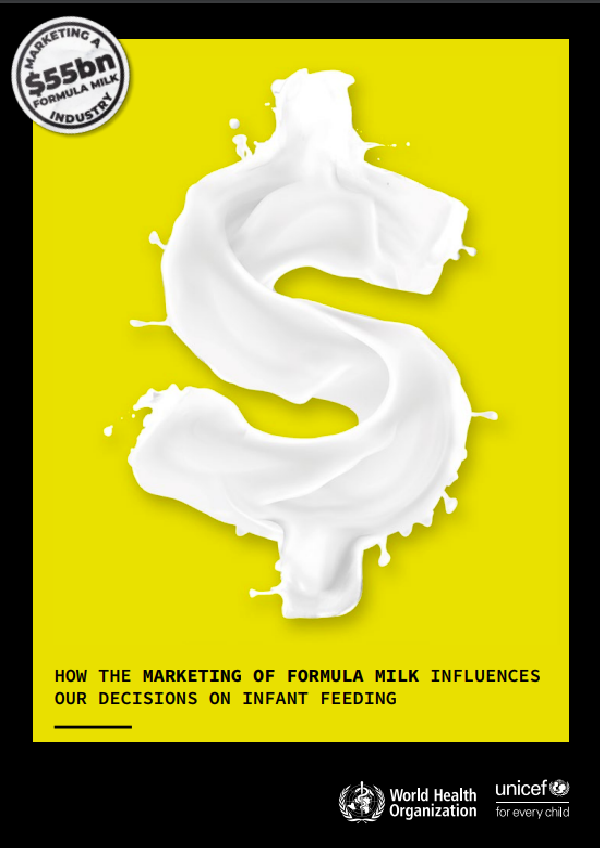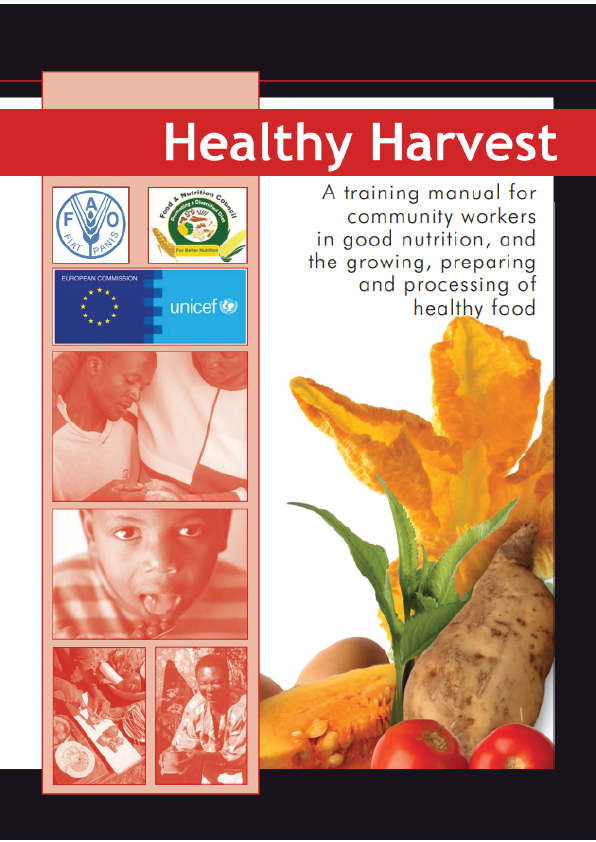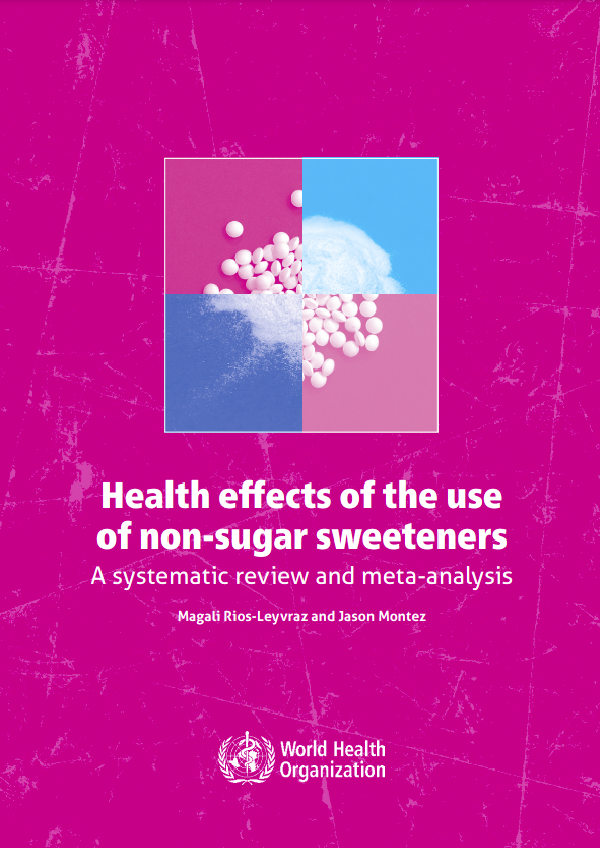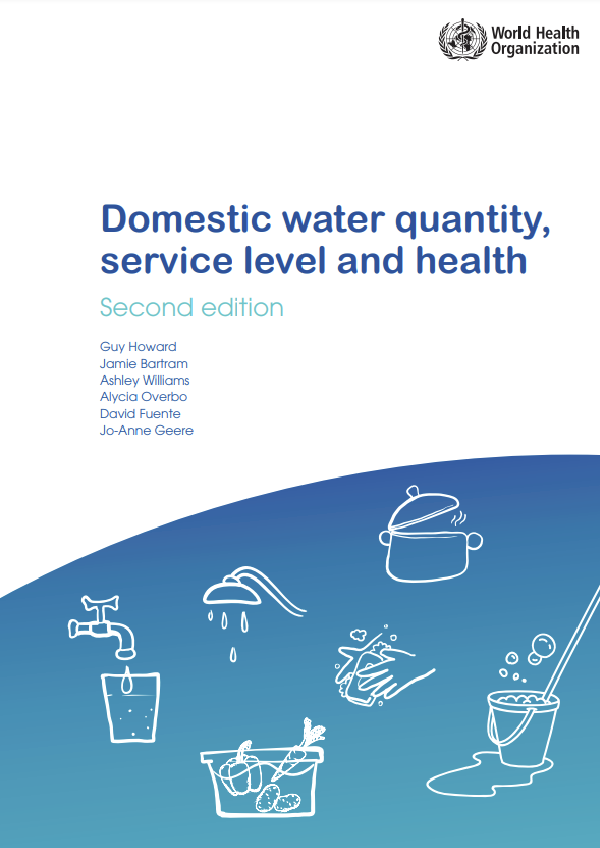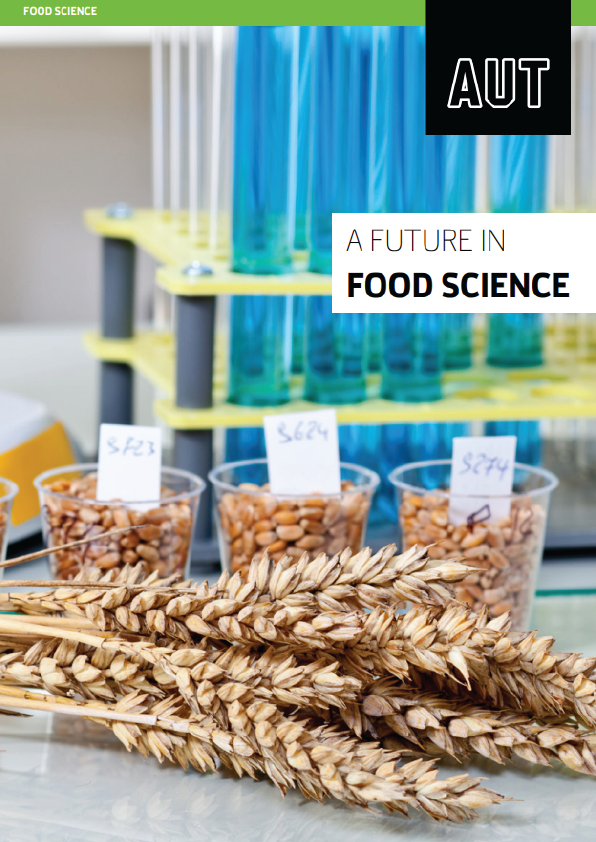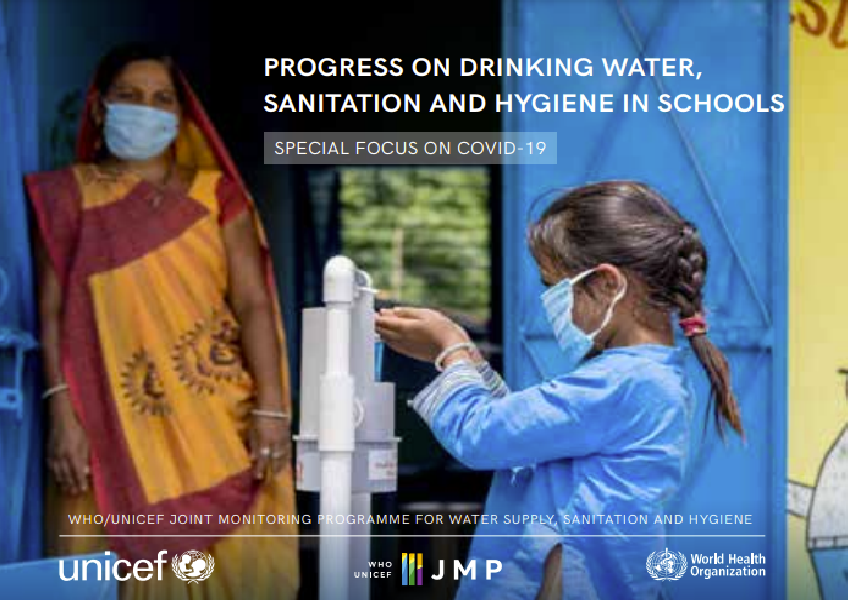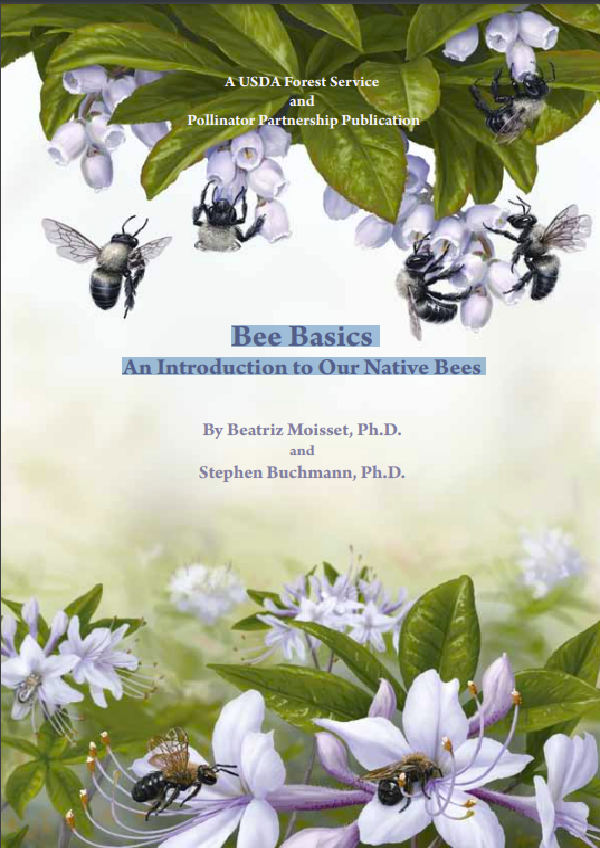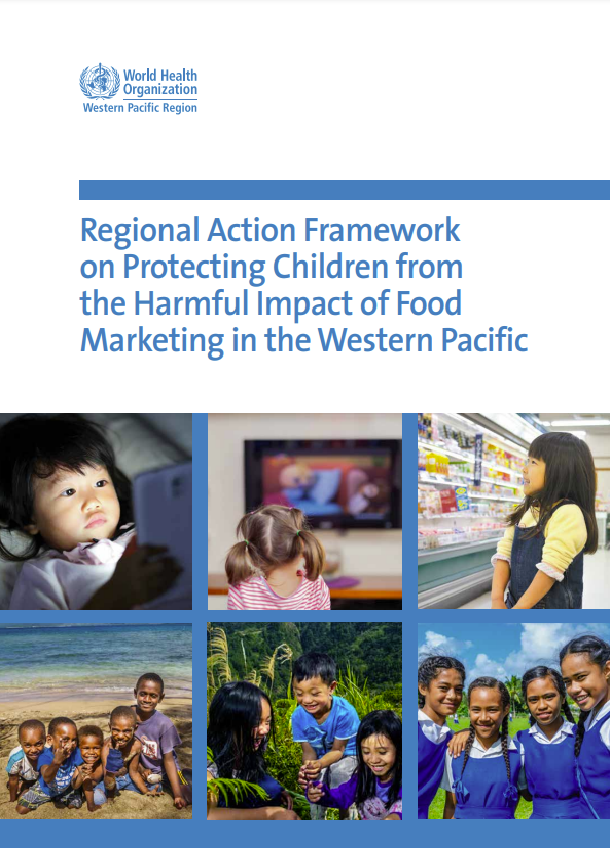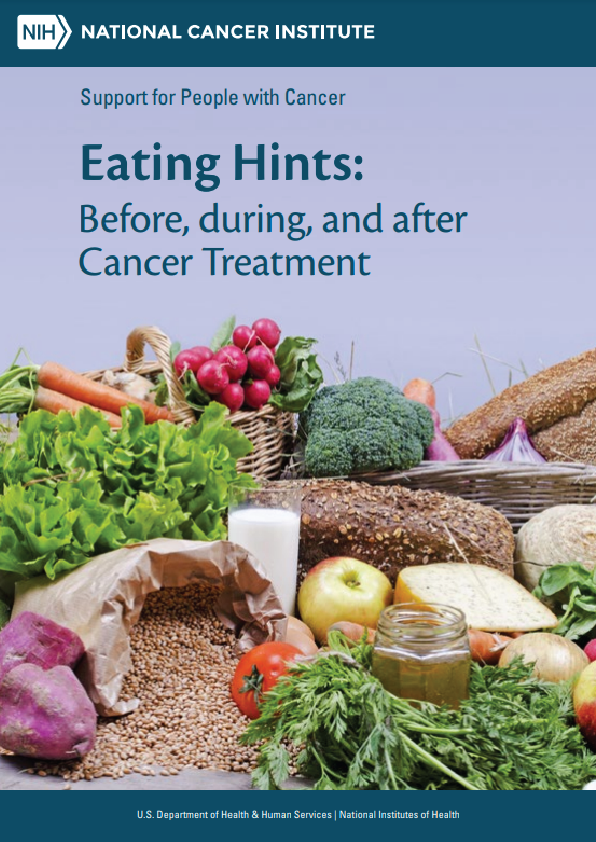Marketing is part of everyday life, experienced by virtually everyone. However, the marketing of formula milk products is different from the marketing of everyday items such as shampoo, shoes, or fridges. Feeding practices of children in the first 3 years of life profoundly affect their survival, health, and development throughout their lives. Deciding how we feed our infants and children should therefore be based on the very best information and truthful evidence, influenced only by what is best for the child and parents and free of commercial interests.
In 1981, the Thirty-fourth World Health Assembly adopted the International Code of Marketing of Breast-milk Substitutes (the Code) to regulate the marketing of breast-milk substitutes. Forty years on, formula milk marketing still represents one of the most underappreciated risks to infants and children’s health. Scaling up breastfeeding could prevent an estimated 800 000 deaths of children under 5 and 20 000 breast cancer deaths among mothers each year. Despite the Code and subsequent relevant World Health Assembly resolutions, formula milk companies continue to put sales and shareholder interests before infant and population health.
This report draws insights from a large study, commissioned by the World Health Organization and the United Nations Children’s Fund, conducted over the course of two years. The study sought to hear directly from women and those who influence them – health professionals, partners, family members, and friends – about their exposure to and experience of formula milk marketing. Eight countries were included – Bangladesh, China, Mexico, Morocco, Nigeria, South Africa, the United Kingdom of Great Britain and Northern Ireland, and Viet Nam – representative of countries in their regions yet diverse in their income levels, exclusive breastfeeding rates, and implementation of the Code. The study was conducted in urban populations where trends and values about infant feeding practices are established and spread to other communities.
What emerges from this research is the most complete picture to date of mothers’ and health professionals’ experiences of formula milk marketing – and it is deeply troubling.
This research shows that formula milk marketing knows no limits. It misuses and distorts information to influence decisions and practices. The consequences for the health and human rights of women and children are not new but often overlooked.
The need for society and governments to call out the unethical nature of formula milk marketing to a much broader audience, and to take decisive action to end this marketing and increase support for mothers and families is long overdue. Doing so will inevitably unnerve the vested interests of this US$ 55 billion industry and the shareholders and stakeholders who benefit from increasing sales.
Below are some of the immediate and tangible opportunities for action that governments, health professionals and their associations, civil society, and individuals can and should take.
The evidence is strong. Formula milk marketing, not the product itself, disrupts informed decision-making and undermines breastfeeding and child health. All sectors of governments, including health, labor and trade, health professionals and their associations, investors, and those with economic leverage should fulfill their responsibilities and exert their influence to insist on practices that prioritize children and families over commercial interests.
Society is not a bystander – everyone must protect the environment in which women and parents feed their infants and demand the appropriate care, support, and protection of rights. The research findings reveal the priorities of formula milk companies and how far they are prepared to go to achieve their sales and market growth. In response, we must be clear about the type of world that we stand for; what is ethical and acceptable; and where concern for our children and their futures guides and prioritize our actions today.
